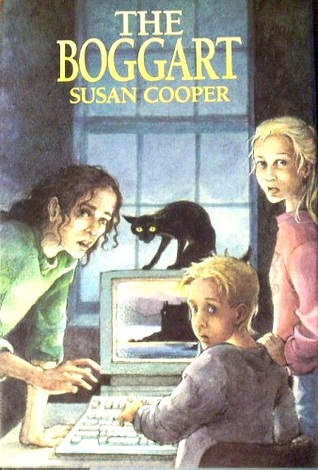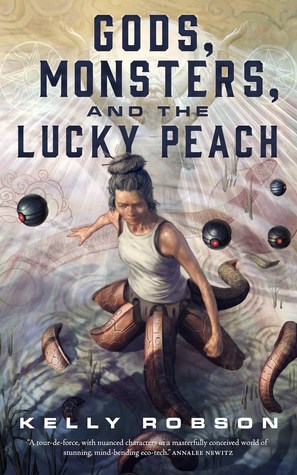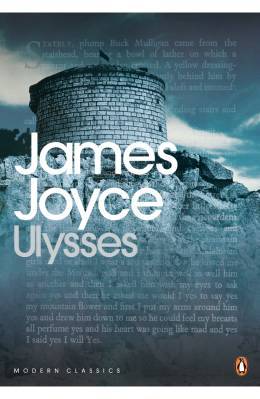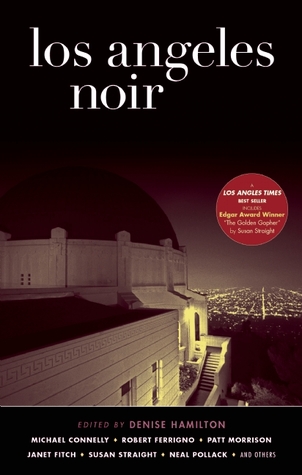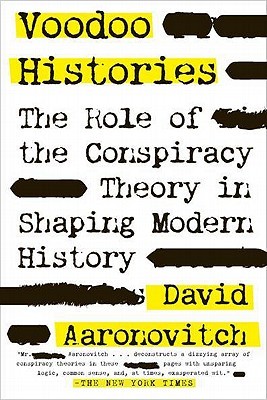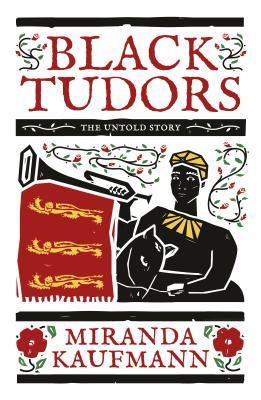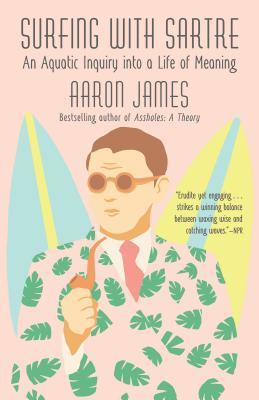Steering the Craft came recommended to me by a member of my writing groups. Or not recommended to me specifically, but recommended as a purchase with the group’s money. I borrowed it last week to see what Ursula K. LeGuin had to say about writing.
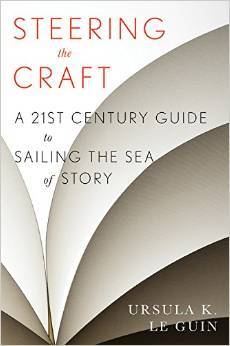
Author: Ursula K. LeGuin
My GoodReads rating: 4 stars
Average GoodReads rating: 4.15 stars
Language scaling: B2+ (though some of the books she quotes are older or use some form of regional dialect and more like C2)
Summary: LeGuin provides thoughts on different technical aspects of writing narrative, along with examples to consider and writing exercises to try yourself.
Recommended audience: Anyone interested in narrative writing (fiction, memoirs, etc.)
In-depth thoughts: People often recommend Stephen King’s On Writing as a guidebook for writers. I did too, once upon a time, and I still would. I would just pair it with Steering the Craft. I think King still has fantastic insights on the process of writing, but LeGuin has the better grasp of what makes for good style. Not surprising, since I find King’s writing fairly pedestrian whereas LeGuin’s prose is actually good. To that end, I think Steering the Craft is a good book for editors, while they can give On Writing a pass (unless they’re also writers, of course!).
LeGuin doesn’t give any hard and fast rules about anything; she merely points out what most people do these days and what most people used to do in previous eras, recognizing that there is a time and a place for following guidelines and for departing from them. She also provides a good 101 level introduction to the technical terms of English grammar, rightly pointing out that a writer should be able to name their tools specifically rather than just having a vague idea about things.
Some of the literary extracts, being over a hundred years old or using a particular regional dialect (or both!), might be hard for non-native speakers to process, but the instructional aspects of the book, including her exercises, are crystal clear. The exercises are originally intended for a workshop or feedback group, but would work just as well in a traditional classroom setting. Editors would probably want to keep a copy of this on hand, or at least browse through it once or twice, so as to be able to better diagnose or name what would otherwise be a vague “I don’t know what it is” problem in a manuscript.


